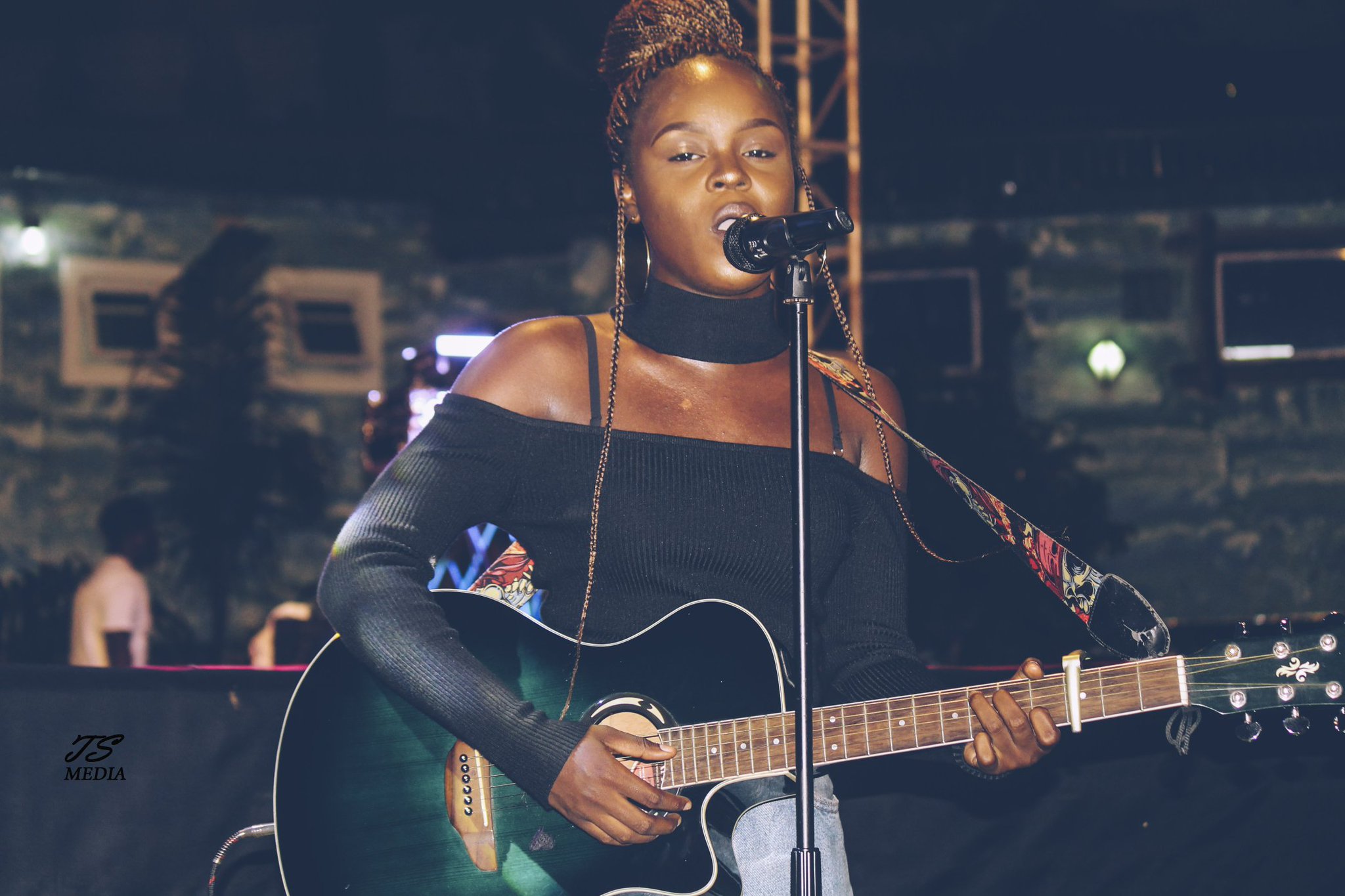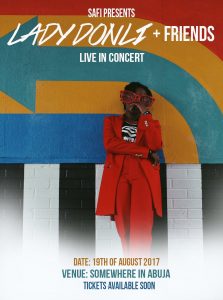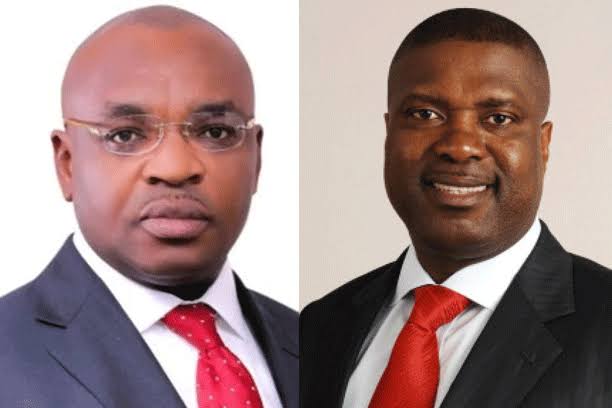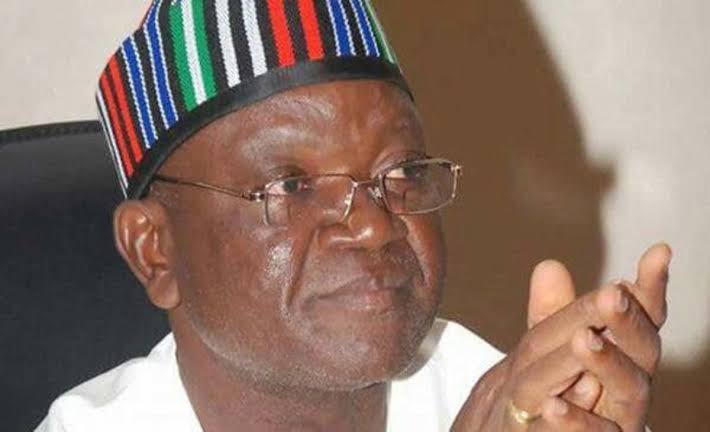Contemporary Nigerian music in Abuja certainly is yet to find a foothold in the vibrant Nigerian entertainment scene but something serious in already happening.
Over the years, attempts have been made by some very talented individuals in the entertainment scene to turn Abuja into an alternative music hub to rival Lagos, Africa’s music capital.
One of the most memorable attempts is the short-lived experiment by then popular Nigerian pop group, Styl Plus.
Styl Plus formerly known as STYL, contrary to many popular accounts, was formed in Abuja in 1997.
Unlike similar attempts by other Nigerian pop groups, Styl Plus was very successful and captured the Nigerian music market with their love songs and African influenced R&B style.
Other individuals, that helped contribute to the rise of contemporary Nigerian music in Abuja despite not being fully based in the capital city include; Praiz, Big Daddy Africa, Lyrical Dr. Smith and the daughter to famous Nigerian music legend Bongos Ikwe Jessica Bongos.
But as many notable music historians will say, “music culture is the movement of the people.”
Famous American ethnomusicologist, Mantle Hood, further elaborated on this by saying the rise of a music culture is dependent on “activities involving the music, its societal influences, and transmission as well as the genres put to practice.”
While there are so many variables that can be used to describe Lagos, long acknowledged as Africa’s music capital, the question over the last decade, however, has been whether Abuja was ready to serve as an alternative music hub just like how cities like Chicago and Seattle are to Los Angeles and New York in similar music conversations over the Atlantic.
However, since 2012, a new set of artists, a new wave of music festivals/concerts and alternative genres have emerged in Abuja and captured the attention of music enthusiasts in Nigeria.
Though not on a grand scale, the movement has not gone unnoticed as even the Nigerian music media has been in awe of how a city with obvious popular culture isolation in the entertainment sphere is thriving musically with an abundance of creative talent who are mostly students and graduates of American, Canadian and British universities.
Read also: R. Kelly Cancels Multiple Shows Amid Allegations He Is Running A ‘Cult’
The “Abuja Sound” is reflective of the youth culture of the city which unlike that of Lagos and Port Harcourt, has variety in genre, exposure in international music trends and unrivaled creativity.
Next Edition identified the major element of the Abuja Sound as its unconventionality, being the alternative to the usual Nigerian Gbedu Sound and Avant Garde. However, it has been very difficult for the new wave of music from the city to capture a high degree of local media recognition.
Top among the young Nigerian artistes making a mark for the Abuja Sound include; Tay, Sute, Lady Donli, Efe Oraka and Hippochris.
Others are Zilla, Psycho, Ayuu, Strictly Sowa, Tempo, Gillian Baci, ISAH, to name just a few.
This group of incredibly talented creative individuals are now popularly referred to as the SoundCloudgeneration.
As with every progressive music culture, the transmission of the music created is important.
In the case with Abuja, the new stream of music making waves nationally isn’t transmitted using traditional music platform such as Radio or TV but the internet and more specifically, SoundCloud.
SoundCloud is a music and podcast streaming platform which is very popular amongst the younger Nigerian generation.
It is also ideal for most of the Abuja based and bred artistes, who are mostly independent and unsigned to recording labels and companies.
Rising music festivals such as the TCM Festival and BBQFest, are now giving the nascent Abuja music scene an identity and needed push of confidence though not sufficient enough.
Next Edition was at the TCM Festival and key amongst the themes noticed was the heavy western influence in not only the music but the event organization.
A Lagos-based Pop culture enthusiast, David Joshua, told Next Edition, “The major reason the new Nigerian sound in Abuja is not yet mainstream is the lack of proper music infrastructure and the obvious heavy western influence.”
There are no major record labels in Abuja to give the rising music artistes the needed platform to push their career to the next level.
There also is an obvious reluctance by the artistes to compromise on the western influence their songs have especially about making their music more acceptable by the general Nigerian music market.
But the reluctance has been seen by observers as a good trait and an expression of the independence of thought the new generation of Nigerian artistes have.
Abuja certainly has a long way to go to emerge as an alternative hub for music makers in Nigeria and compete with the already saturated Lagos.
What is vital to note is the enormous potential Abuja poses with its incredible talented youngsters and a progressive consumer base with an appetite for a variety of sounds.
















